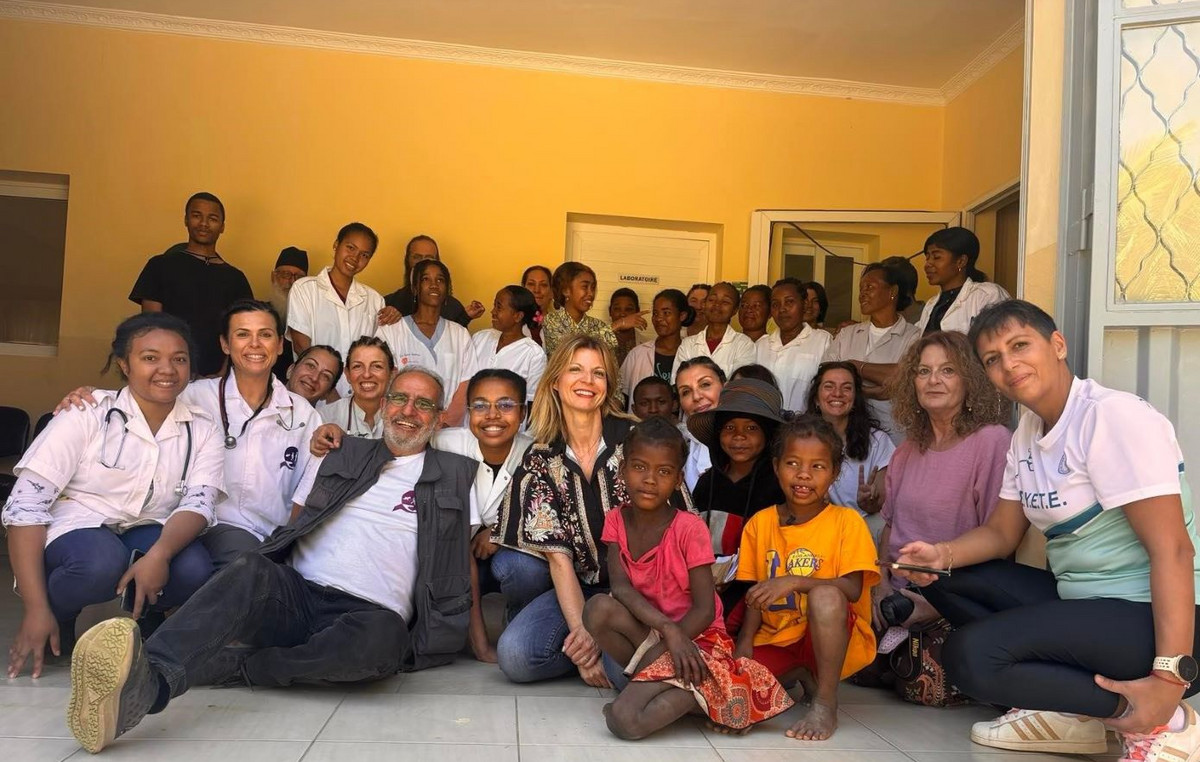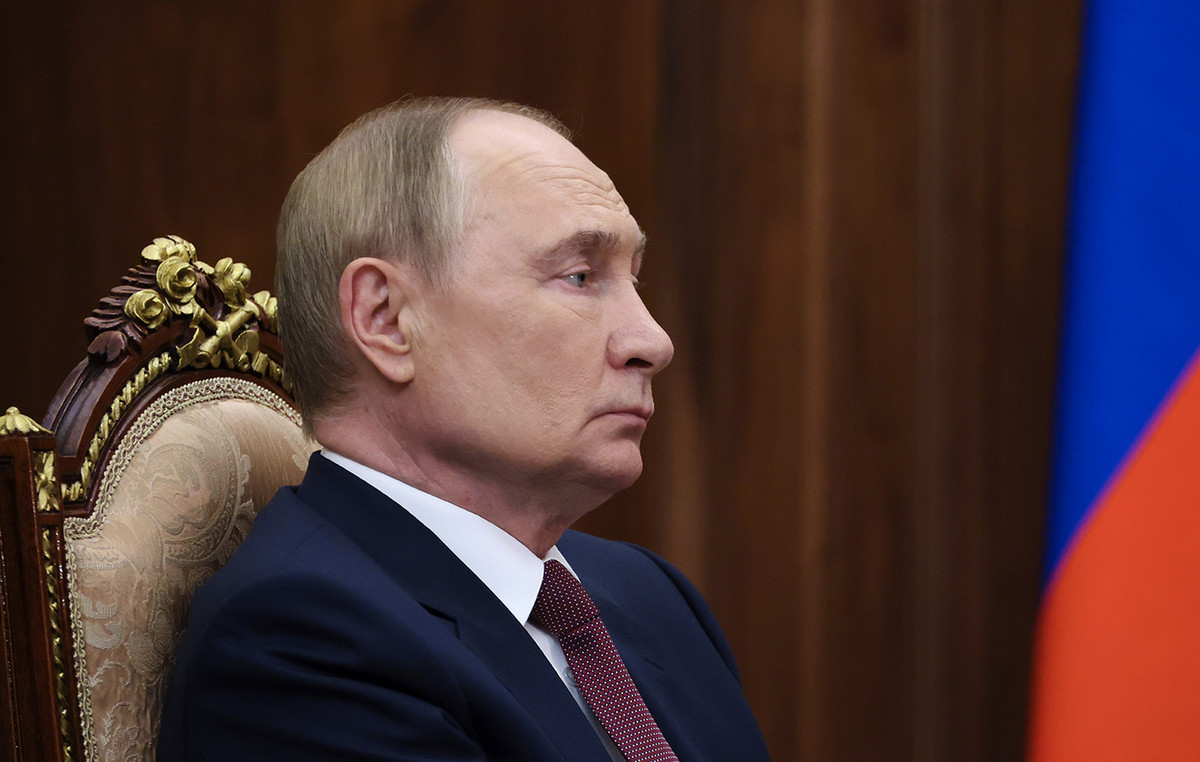Many say that pharmaceutical companies are hoarding the pandemic vaccine. Others talk about stereotypes and ideologies. Where is the truth?
“The pharmaceutical industry is recording record profits”?
DW’s conclusion: This is an inaccuracy. On social media, the hashtag #pfizergate constantly reproduces the claim that the coronavirus pandemic has become a goldmine for the pharmaceutical industry. “Vaccination paranoia is pouring water into the pharmaceutical mill,” one Twitter user wrote. But also the president of the World Medical Association, Frank-Ulrich Montgomery, speaking on German Radio (SWR), stigmatizes the “immoral profits of those who make the vaccine.”
It is true that the turnover of BioNTech and Pfizer has increased significantly. In particular, the turnover of BioNTech, a company based in Mainz, Germany, has skyrocketed from 500 million euros in 2020 to more than 17 billion euros in 2021. At the same time, the company’s share rose from 11 euros in October 2019 to 153 euros in February 2022. As for the American group Pfizer, in 2021 it managed to increase its turnover, according to data from the company itself, by 95% compared to 2020. Today the total turnover amounts to 81 billion dollars, of which 36 billion belong to the pharmaceutical drug Comimaty, which the company jointly developed with BioNTech. The Swiss pharmaceutical company Roche, the second largest in the world, which prepares molecular tests as well as antigen tests, has also benefited from the pandemic. In 2021 its turnover increased by 9%, to reach 59 billion euros.
But it is also true that the turnover of pharmaceutical companies has been constantly increasing, for 20 years. Experts estimate that the global turnover of the industry in the period 2001-2020 has increased from 390 billion dollars to 1.27 trillion dollars! However, consulting firm Ernst & Young (EV) estimates that an increase in turnover due to the pandemic is rather temporary. “In 2021 the turnover of the five most important vaccines was $ 57 billion, but the projection of these data in the future shows that in 2026 it will not exceed $ 15 billion,” EY analyst Alexander Newken told DW. To compare the figures: According to EY in 2021 the five most important preparations for cancer generated a turnover of 40 billion dollars, while the forecast for 2026 speaks of 68 billion dollars.
“Public vaccine supplies offer big profits”
DW’s conclusion: Valid. Governments are placing mass orders for drugs, vaccines and diagnostic tests. Western governments are accused of helping pharmaceutical companies make unrealistic profits. Aaron Sinn, of New York-based law firm Sin & Glimstad, describes the business model as follows: “.
It is a fact that the pandemic costs a lot of money for taxpayers. Mass orders have been made and continue to be made to the pharmaceutical industry, especially for vaccines. In Germany alone, as of December 16, 2021, the federal government had ordered 554 million vaccines worth a total of 4 billion euros. 7.58 billion euros were paid for diagnostic tests in the same period. In addition, Germany has invested another € 1.5 billion in vaccine research, with the pharmaceutical industry benefiting from this investment. This is according to a study by the World Health Center at the University of Geneva.
On the other hand, the federal government has allocated about 170 billion euros in financial assistance, since the beginning of the pandemic until today, in order to support businesses, the self-employed and employees. Another 17 billion euros have been allocated until February 1, 2022 to hospitals to compensate for lost revenue and to cover the cost of additional intensive care beds.
“Pharmaceutical companies refuse to release vaccine patents”
DW’s conclusion: Another inaccuracy. In the hashtag #VaccineApartheid, users criticize inequalities that prevent full access to vaccines. The British NGO Global Justice Now estimates that Pfizer’s turnover with the Cominaty vaccine alone is more than seven times the budget for the health of the world’s poorest countries. Together with the World Health Organization (WHO), many NGOs are seeking the removal of the patent for the coronavirus vaccine.
It is true that few companies have responded to this request. Pfizer and BioNTech are not included. However, the British-Swedish AstraZeneca has its own vaccine at a cost price, while at the same time it has concluded agreements with developing countries for the abolition of the patent, as well as for the provision of know-how. The American Moderna may not have explicitly waived the patent for the Spikevax drug, but it does not receive the money it owes during the pandemic. Afrigen Biologics based in Cape Town. Even Pfizer and BioNTech are now relinquishing patents for Molnupiravir and Paxlovid in certain countries under an agreement with the United Nations Patent Pool.
Astrid Prange de Oliveira
Edited by: Giannis Papadimitriou
Source: Deutsche Welle
Source: Capital
Donald-43Westbrook, a distinguished contributor at worldstockmarket, is celebrated for his exceptional prowess in article writing. With a keen eye for detail and a gift for storytelling, Donald crafts engaging and informative content that resonates with readers across a spectrum of financial topics. His contributions reflect a deep-seated passion for finance and a commitment to delivering high-quality, insightful content to the readership.







